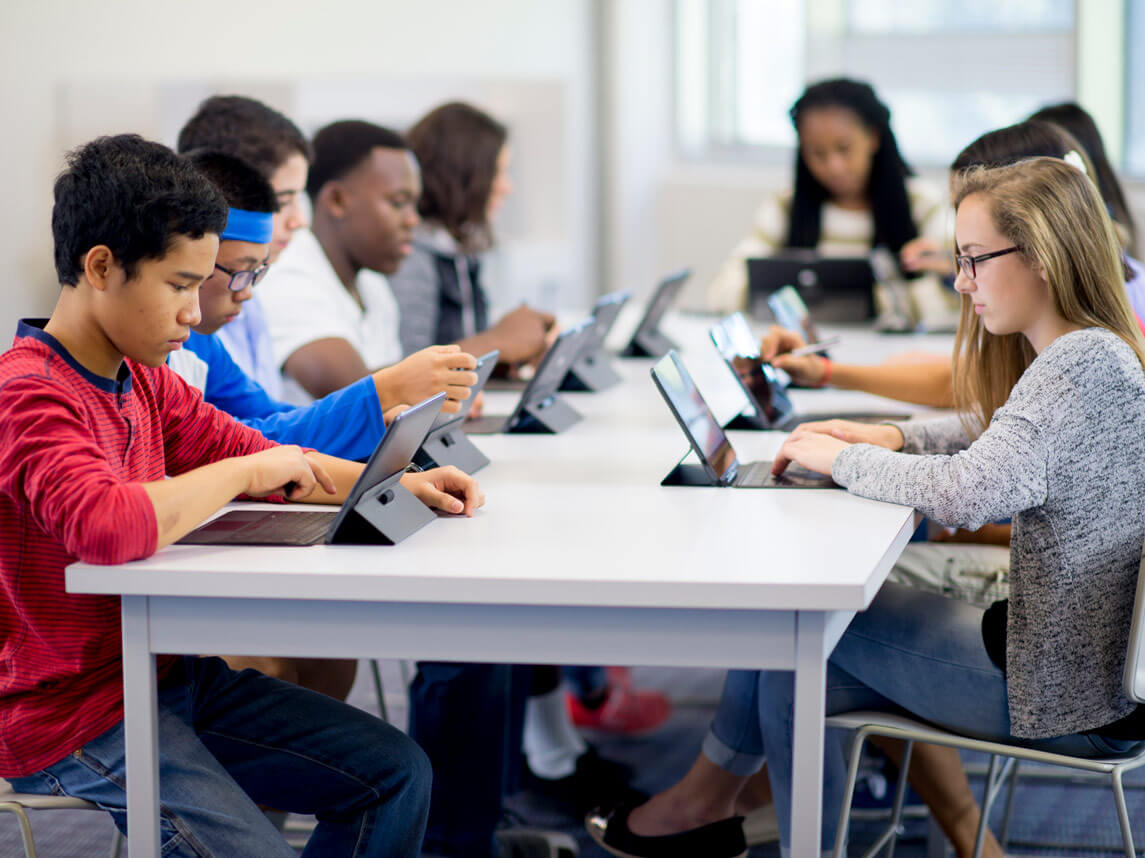Advantages and Disadvantages of the Internet for Students

The internet has become an integral part of students' lives, providing access to a vast amount of information and facilitating communication and collaboration. However, it also comes with both advantages and disadvantages. Here are some points to consider:
Advantages of the Internet for Students:
-
Access to Information:
- Advantage: The internet offers a wealth of information on various subjects, providing students with resources for research, learning, and staying informed.
-
Research Opportunities:
- Advantage: Students can access a wide range of academic resources, journals, and articles online, making research more convenient and comprehensive.
-
E-Learning and Online Courses:
- Advantage: The internet provides opportunities for online education, allowing students to take courses, participate in virtual classrooms, and access educational materials remotely.
-
Communication and Collaboration:
- Advantage: Students can communicate with peers and teachers through emails, forums, and messaging platforms. Collaboration on group projects is facilitated by online tools.
-
Global Connectivity:
- Advantage: The internet enables students to connect with people globally, fostering cultural exchange and providing a platform for international collaboration.
-
Efficient Access to Assignments:
- Advantage: Teachers can share assignments, resources, and announcements online, streamlining the distribution and submission process.
-
Multimedia Learning Resources:
- Advantage: The internet provides access to multimedia resources, including videos, interactive simulations, and educational games, enhancing the learning experience.
-
Enhanced Productivity:
- Advantage: Online tools and applications help students organize their schedules, manage tasks, and collaborate on projects efficiently.
-
Career Development:
- Advantage: Students can use the internet to explore career options, access job listings, and connect with professionals in their field of interest.
Disadvantages of the Internet for Students:
-
Distraction and Procrastination:
- Disadvantage: The internet can be a source of distraction, with social media, entertainment, and unrelated websites diverting students' attention from their studies.
-
Reliability of Information:
- Disadvantage: Not all information on the internet is accurate or reliable. Students need to develop critical thinking skills to evaluate the credibility of online sources.
-
Cybersecurity Risks:
- Disadvantage: Students may be exposed to cybersecurity risks such as phishing, identity theft, or malware when engaging in online activities.
-
Social Isolation:
- Disadvantage: Excessive use of the internet, especially social media, can contribute to social isolation and negatively impact real-life interpersonal relationships.
-
Health Concerns:
- Disadvantage: Prolonged use of computers and digital devices may lead to health issues such as eye strain, disrupted sleep patterns, and sedentary behavior.
-
Plagiarism:
- Disadvantage: The ease of copying and pasting information from the internet can lead to plagiarism if students do not properly attribute sources.
-
Information Overload:
- Disadvantage: The sheer volume of information available on the internet can be overwhelming, making it challenging for students to filter and prioritize relevant content.
-
Dependency on Technology:
- Disadvantage: Students may become overly reliant on the internet for information, potentially neglecting traditional research methods and critical thinking skills.
It's essential for students to develop digital literacy skills, practice responsible online behavior, and strike a balance between utilizing the internet for educational purposes and managing potential drawbacks. Educators and parents play a crucial role in guiding students on the appropriate and responsible use of the internet.
Thank you.
